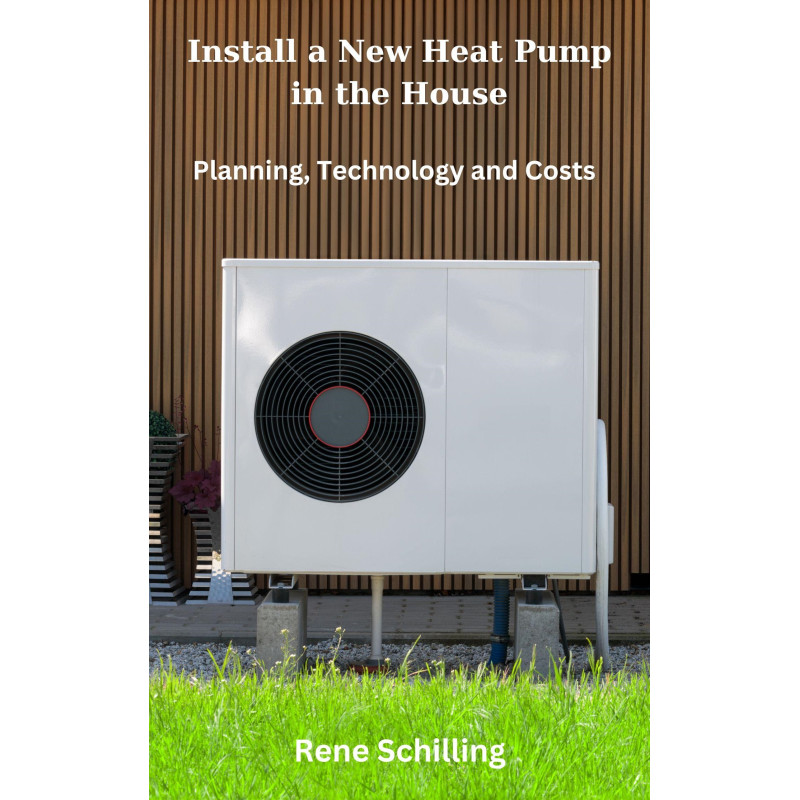



An air-to-water heat pump is a heating system that absorbs energy from the air and uses this thermal energy to heat water. The air-to-water heat pump works on the principle of evaporation and condensation of refrigerant that circulates within the heat pump. The thermal energy is absorbed from the air, which is drawn in by a fan and passed through a heat exchanger.
Introducing heat pumps into the home is an important step towards a sustainable and efficient energy supply. A heat pump is a device that takes energy from the surrounding air, ground or groundwater and converts it into usable heat for heating and hot water. Compared to conventional heating systems based on fossil fuels, heat pumps are more environmentally friendly and energy efficient. One of the main advantages of heat pumps is their energy efficiency. Unlike conventional heating systems, which burn energy from fossil fuels such as oil or gas, heat pumps work with electrical energy. This means that for every kilowatt hour of electricity consumed by a heat pump, three to four kilowatt hours of usable heat can be generated.